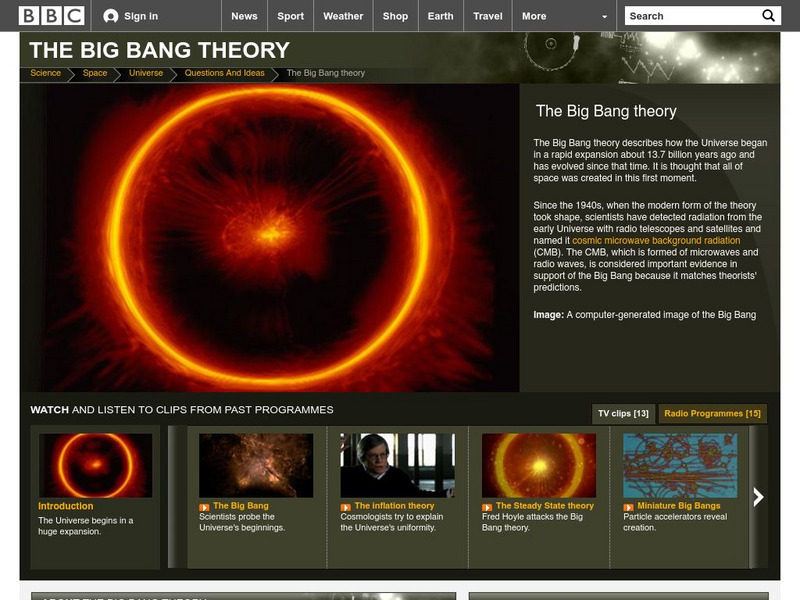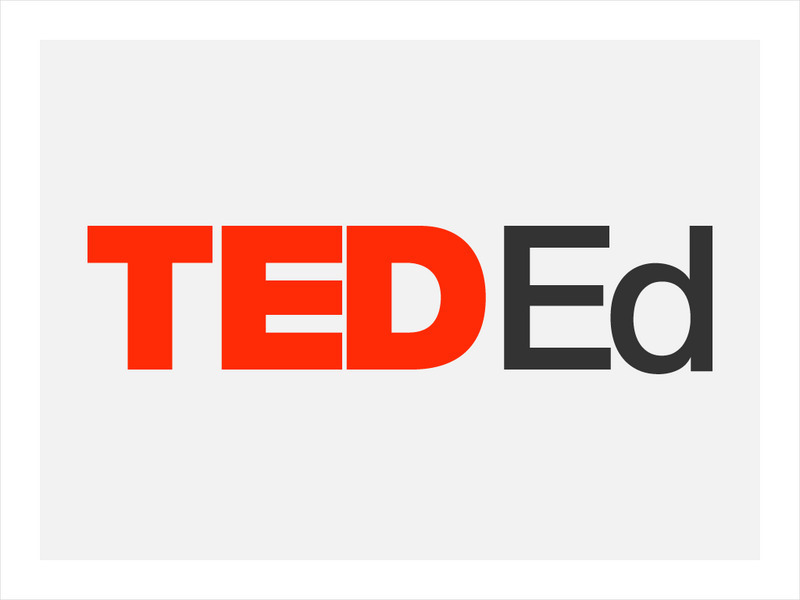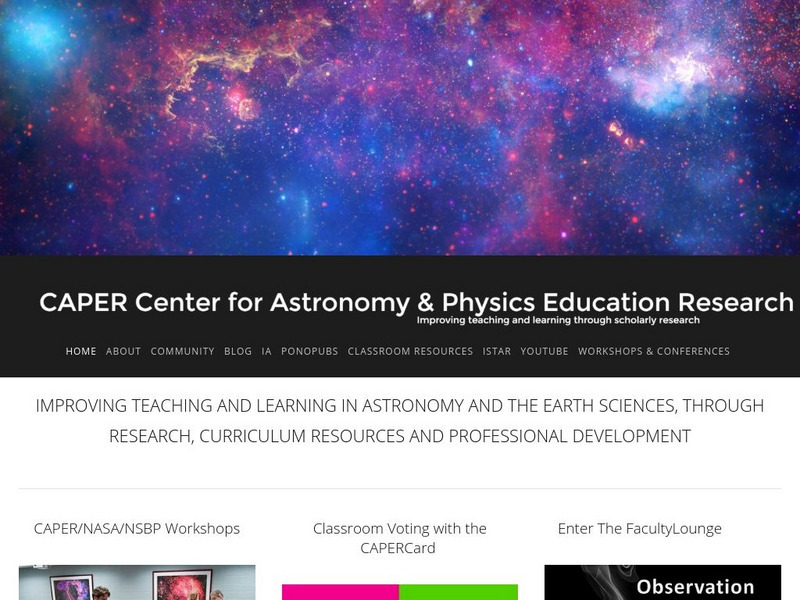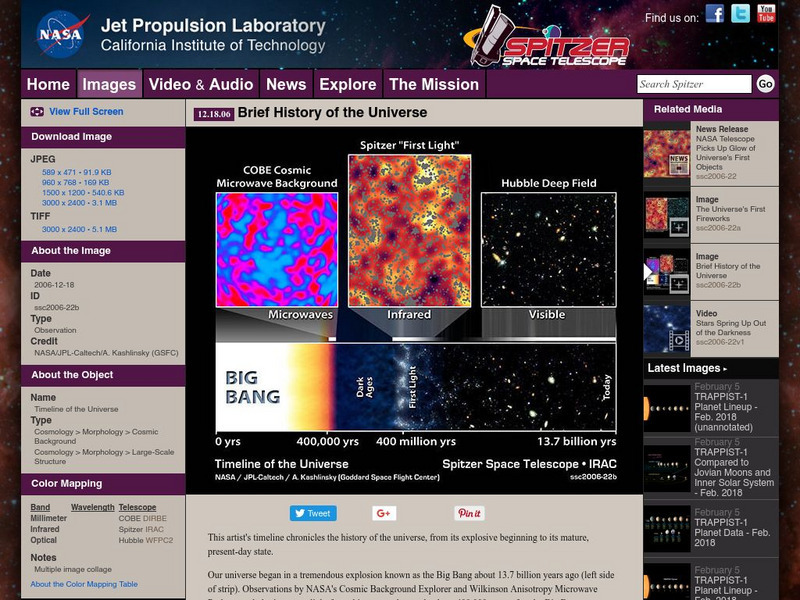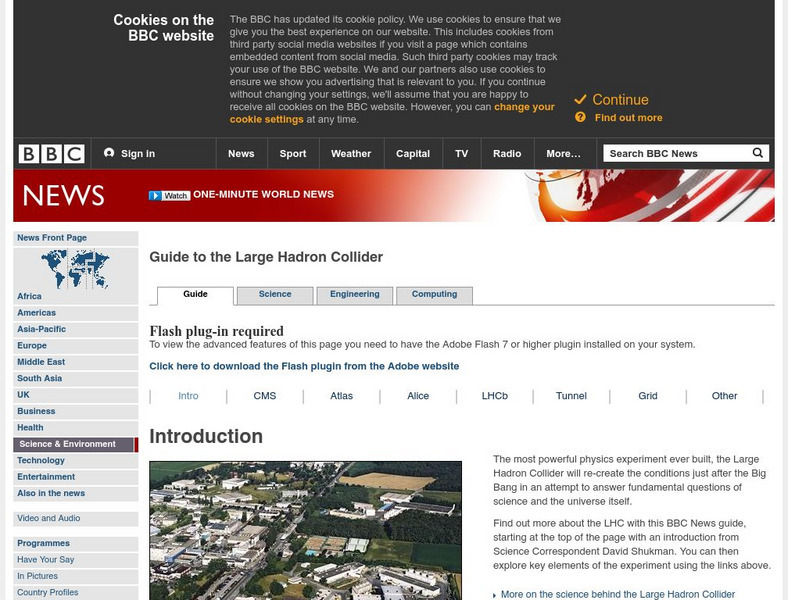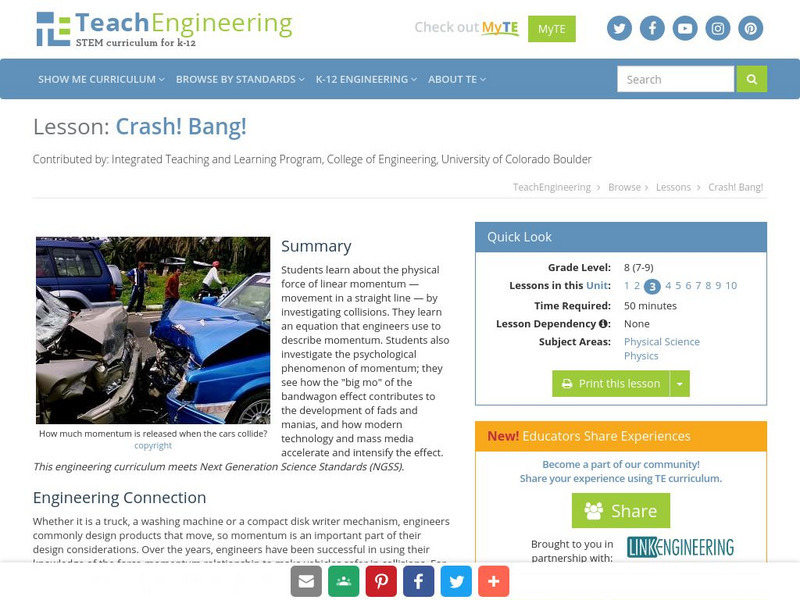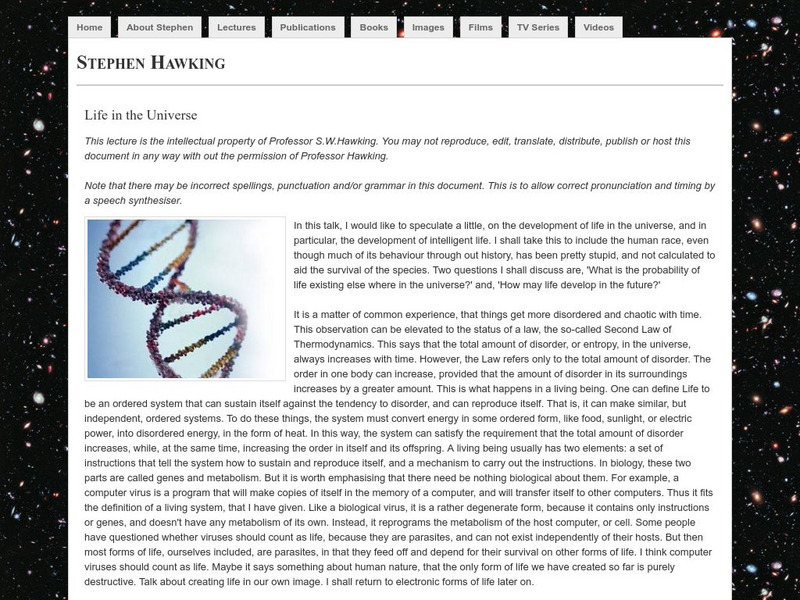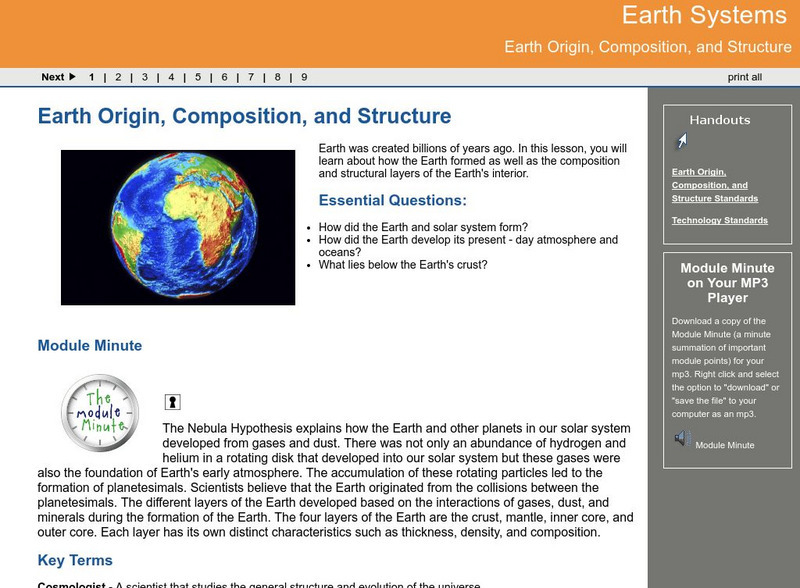TED Talks
Ted: Ted Ed: What Happened to Antimatter?
CERN scientist Rolf Landua returns to the seconds after the Big Bang to explain the disparity that allows humans to exist today. [5:16]
PBS
Pbs Teachers:origins Back to the Beginning
This hour long program by NOVA is split into six segments and examines a issues influencing scientists' current understanding of how the universe was formed. This includes The Big Bang and its lasting effects.
BBC
Bbc: Origin of the Universe
Try this introduction to ideas about how the universe began and how it might end. Topics include; the big bang and its echoes, antimatter, and inflation/expansion of the universe.
Science Struck
Science Struck: How Was the Earth Created
This resource gives a detailed explanation of the stages that the Earth and the solar system went through beginning with their origins in the Big Bang up to the present time.
TED Talks
Ted: Ted Ed: What Is the Universe Expanding Into?
Sajan Saini explains the existing theories around the Big Bang and what, if anything, lies beyond our universe.
European Space Agency
European Space Agency: Story of the Universe
The story of the universe is told in this engaging site by the European Space Agency. The history of European space science is timelined with dates ranging from 1066 to present day. The birth of galaxies, the big bang, and the beginnings...
TED Talks
Ted: Ted Ed: The History of Our World in 18 Minutes
Backed by stunning illustrations, David Christian narrates a complete history of the universe, from the Big Bang to the Internet, in a riveting 18 minutes. [17:40]
ACT360 Media
Act Den: Sky Den
This journey will help you solve big questions about the universe. You will be able to see beyond human capabilities and will learn what scientists are discovering.
Other
Montana State Univ.: Expanding Universe (Lesson Plan)
This site has a lesson plan in which students gather evidence supporting the Big Bang Theory using a balloon model of the expanding universe.
Lawrence Berkeley National Laboratory
Berkeley Lab: Expansion of the Universe
Brief explanation of the creation and expansion of the universe otherwise known as the Big Bang.
California Institute of Technology
Spitzer Science Center: Brief History of the Universe
Beginning with an image termed the "Brief History of the Universe" this site examines (briefly, as noted) a timeline of the universe as dictated by the image. The timeline includes information on the big bang theory, the dark ages, the...
BBC
Bbc News: 'Big Bang' Experiment Starts Well
Watch a narrated animation on the Large Hadron Collider, its experiments, structure, and computer system. Then, browse this site's sections to explore facts about and functions of CMS, ATLAS, ALICE, LHCb, the LHC Computing Grid, and the...
Smithsonian Institution
Smithsonian Learning Lab: The Universe, an Introduction
Start with the questions all students ask: How big is the universe, how far away are the planets and stars, how did they form and when, how do they move and why? Build on their natural curiosity. The Smithsonian, in cooperation with...
TeachEngineering
Teach Engineering: Crash! Bang!
Students learn about the physical force of linear momentum - movement in a straight line - by investigating collisions. They learn an equation that engineers use to describe momentum. Students also investigate the psychological...
Other
Histography
Scroll through this ingenious interactive timeline to see events that have happened since the Big Bang. The timeline uses historical events gleaned from Wikipedia. Click on an event to see information and related events, and for some, a...
Other
The Astronomy Cafe
NASA scientist Sten Odenwald calls this his "web site for the astronomically disadvantaged." Do you have lots of questions about space that you can't seem to get answers to? Would you like to learn about a career in astronomy, Big Bang...
Khan Academy
Khan Academy: Glossary: The Future
A helpful glossary to terms in the Big History Project.
Khan Academy
Khan Academy: Edwin Hubble
An article about the life of Edwin Hubble. Learn about how he grew up, education, and how he developed his theories of an expanding universe.
Other
Stephen W. Hawking: Lectures: Life in the Universe
This lecture covers the topic of life now and into the future, including the role genetic engineering will play.
PBS
Pbs Learning Media: Relativity and the Cosmos
This illustrated essay from the NOVA Web site introduces the basic concepts of Einstein's General Theory of Relativity and what we know about cosmology as a result.
Georgia Department of Education
Ga Virtual Learning: Cosmology
This interactive module will help students understand cosmology. Learn about the standard cosmological model and explore if life is possible in other places besides the Earth.
Exploratorium
Exploratorium: Cern: Antimatter
A wonderfully written non-technical introduction to antimatter, as well as a brief discussion of the investigation into the asymmetry between the quantities of matter and antimatter observed in our universe.
National Science Foundation
National Science Foundation: Astronomy and Space: Research Overview
Explore some of our most fundamental questions about space exploration with this research overview collected by scientists at the National Science Foundation. Additionally, experience deep space first-hand with telescope interactives.
Georgia Department of Education
Ga Virtual Learning: Earth Origin, Composition, and Structure
In this lesson, you will learn about how the Earth formed as well as the composition and structural layers of the Earth's interior.
Other popular searches
- Big Bang Theory
- Universe Big Bang
- The Big Bang Theory
- Space Big Bang Theory
- The Big Bang
- Scientific Big Bang Theory
- Science Big Bang Theory
- Space: Big Bang Theory
- Big Bang Cosmology
- Big Bang Theory Experiments
- Stars Big Bang
- Big Bang Time Line


